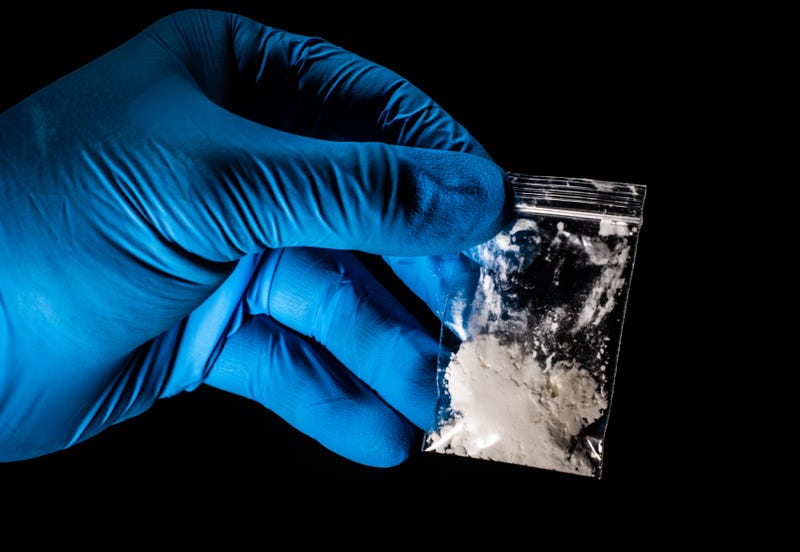
Las Vegas, NV (KXNT) - The Southern Nevada Health District is alerting the public to the ongoing risk fentanyl poses to the community after the Las Vegas Metropolitan Police Department reported six suspected drug-related overdoses had occurred in Clark County during a 36-hour period from September 25th to September 27th.

According to LVMPD, four out of the six drug overdoses have been preliminarily identified as fentanyl overdoses. Between January and July 2022, there were 110 fentanyl overdose deaths among Clark County residents. In 2021, there were a total of 225 fentanyl deaths; 191 deaths were reported in 2020.
Fentanyl is a synthetic (man-made) opioid drug that is highly potent (80-100 times stronger than morphine) and often illicitly manufactured.
A small amount of fentanyl can be deadly (as little as 2 mg which equals 2 grains of salt) can cause a fatal overdose.
The Health District and the Centers for Disease Control and Prevention (CDC) recommend people who are at risk of opioid overdose as well as family members, friends or other individuals who can assist a person at risk should carry naloxone, also known as Narcan®, an opioid-antagonist that can be administered to help reverse opioid overdoses.
A newer Health District program provides fentanyl test strips, tools that can show if fentanyl is present in a pill or powder.
“We want everyone to be aware that fentanyl is continuing to take a toll on community,” said Dr. Fermin Leguen, District Health Officer for the Southern Nevada Health District. “In addition to raising awareness about the risks of synthetic opioids, residents should know that there are resources available to them that can help prevent a fentanyl or opioid overdose,” said Dr. Leguen.
More information about fentanyl is available on CDC’s website at www.cdc.gov/opioids/basics/fentanyl.html.
